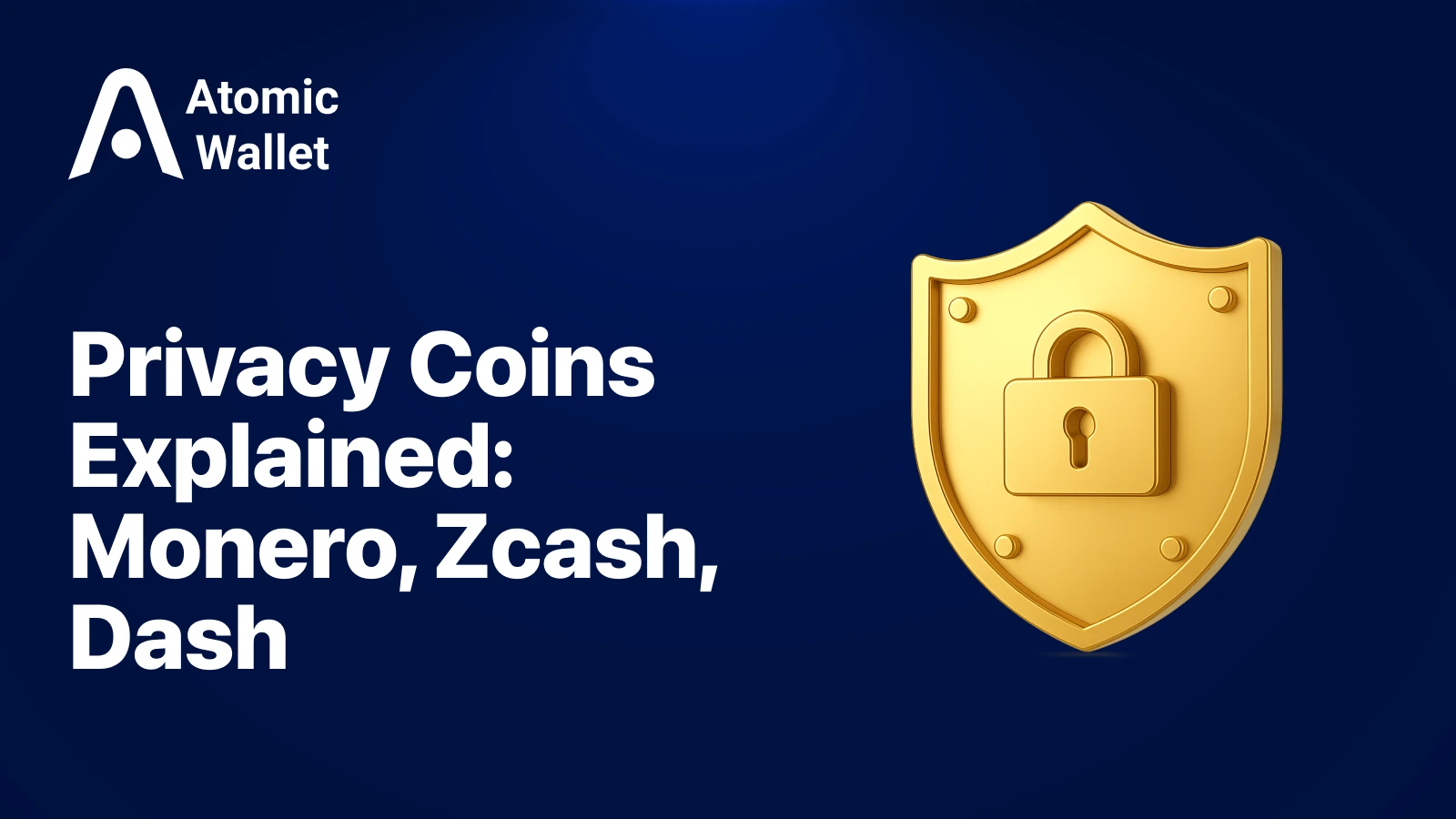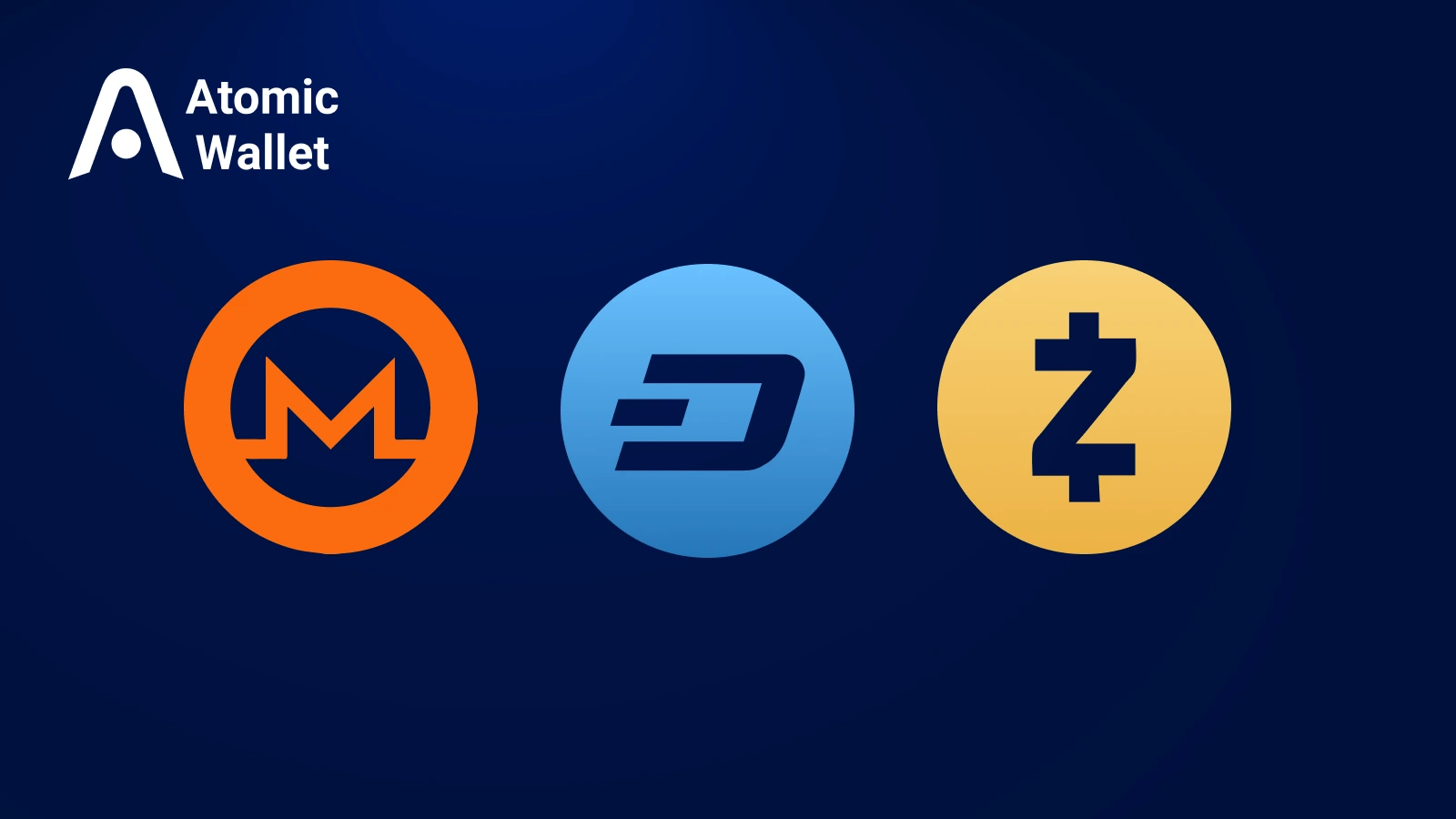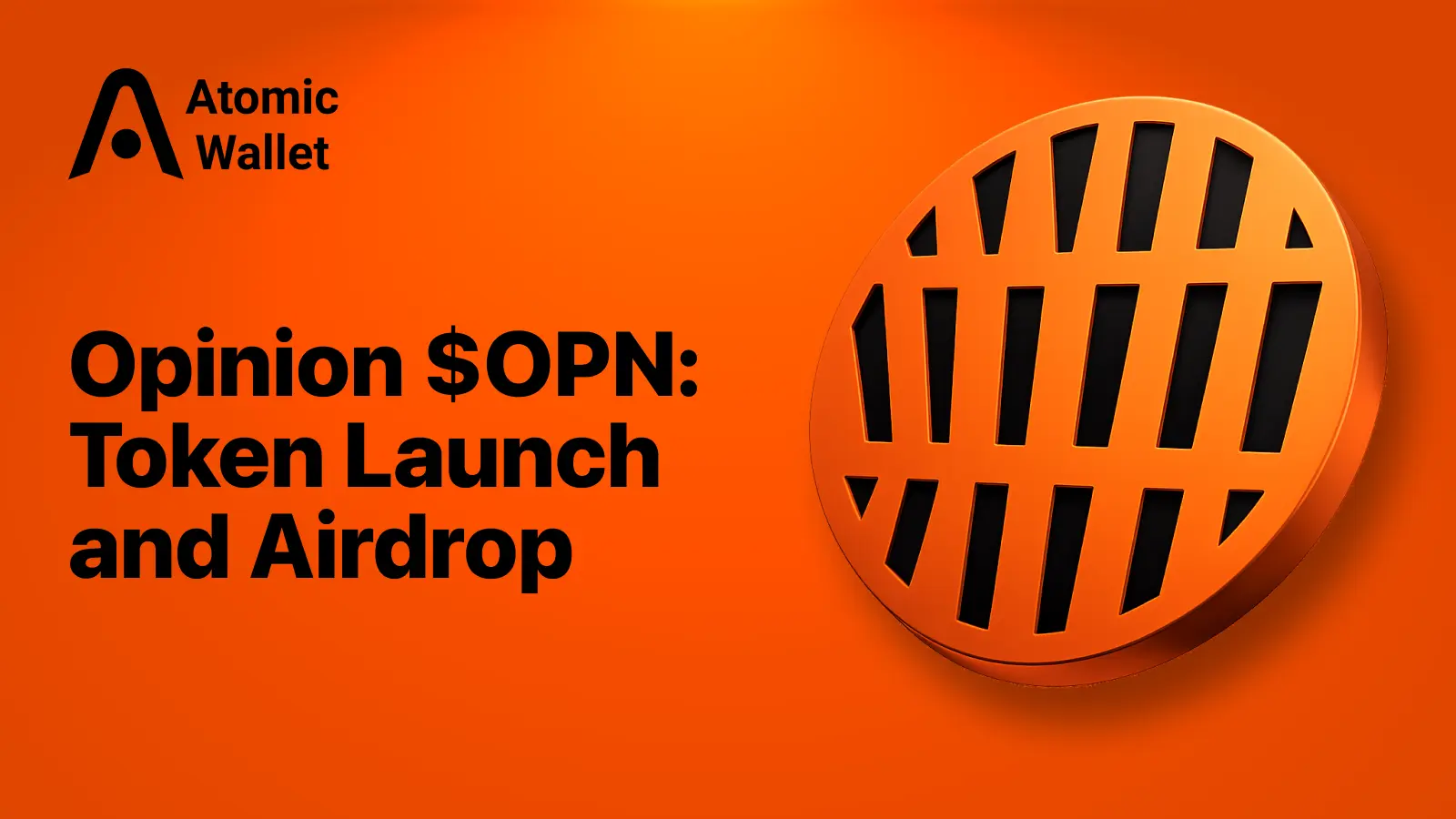Assets

Exchange

Buy Crypto

Products




After years of fading attention, privacy tokens are now back into focus again. As global regulations further strengthen, along with centralized exchanges increasing their know-your-customer demands, traders are realizing the value of anonymity, security, and control.
In October 2025, the tokens of Monero (XMR), Zcash (ZEC), and Dash (DASH) significantly surged in price, attesting to the new wave of interest in privacy assets. Meanwhile, zk-based projects like Namada, Aztec, and Penumbra continue pushing the boundaries.
Privacy isn't about hiding transactions; privacy means financial freedom. It's in a world of full transparency that the use of privacy coins isn't a niche but a must-have.

Privacy tokens are cryptocurrencies designed to protect user identity and transaction details on the blockchain. Unlike Bitcoin or Ethereum, where every transfer is publicly visible, privacy coins use advanced cryptography to keep amounts, senders, and recipients hidden.
In short, Bitcoin shows what you send — Monero shows nothing. Privacy tokens combine transparency for networks with anonymity for users, striking a balance between security, usability, and personal freedom.
Privacy coins utilize various cryptographic tools to obscure transaction data while still maintaining verifiable blockchains. Here's how they do it:
These systems ensure that, even if every transaction exists on-chain, no one can link them to a real-world identity. Privacy tokens don't remove accountability; they restore digital confidentiality in an increasingly surveilled world.
When people talk about privacy tokens, three names always stand out — Monero (XMR), Zcash (ZEC), and Dash (DASH). Each approaches privacy differently, but they share a common objective: giving users complete control over their financial data.
Monero (XMR)
Monero is the gold standard for privacy. Every transaction is automatically private using Ring Signatures, Stealth Addresses, and RingCT to hide amounts, senders, and recipients. It’s built on Proof-of-Work, like Bitcoin, but designed for total anonymity. That’s why XMR remains the top privacy coin by market cap and adoption.
Zcash (ZEC)
Zcash introduced zk-SNARKs (zero-knowledge proofs), a technology now used across Web3. Users can choose between transparent and shielded transactions — a unique feature balancing compliance and privacy. ZEC helped bring advanced cryptography to mainstream crypto infrastructure.
Dash (DASH)
Originally a Bitcoin fork, Dash focuses on both speed and optional privacy through PrivateSend and InstantSend. It’s often seen as a “hybrid” privacy coin — combining fast payments with basic mixing mechanisms that enhance user privacy without full anonymity.
All three are supported in Atomic Wallet, where users can store, swap, and manage privacy tokens securely — no centralized intermediaries, no KYC.
While Monero, Zcash, and Dash pioneered financial anonymity, a new generation of projects is redefining privacy for the Web3 era. Think of it: these are not just coins, but privacy layers and zk ecosystems integrally embedded in DeFi, NFTs, and DAOs.
Unlike traditional privacy tokens, these protocols let users choose when and how to be private — whether it's trading, governance or payments.
Privacy coins have always walked a tightrope between freedom and compliance. With global regulators clamping down on crypto, privacy-centric tokens have been subjected to delistings from large centralized exchanges like Binance, OKX, and Huobi. The reasoning is familiar — AML (Anti-Money Laundering) and KYC (Know Your Customer) requirements make it difficult for privacy coins to coexist with centralized oversight.
Yet, these same actions have sparked the opposite effect:
In short, the harder regulators push, the more resilient and creative the privacy movement becomes.
2025 is a turning point for privacy assets. After years of underperformance, XMR, ZEC, and DASH have rebounded-not as a result of hype, but because of necessity. Here’s why:
The market data reflects this too: XMR rose with +18% and ZEC with +12% in the last month, while new zk-based protocols attract record TVL inflows.
Ownership of privacy tokens means valuing control, and security starts with where you keep them. Unlike exchanges, non-custodial wallets like Atomic Wallet let you privately store and manage XMR, ZEC, DASH, and other assets with no registration or access by a third party.
Safe Storage Tips:
Atomic Wallet allows you to store, swap, and track your privacy coins all in one safe place.
Once considered renegade, privacy tokens are now a necessity. In a world where transparency too often stands for surveillance, a privacy coin brings balance: freedom but not chaos, transparency without exposure. Monero, Zcash, Dash, and the new wave of zk-based projects are redefining what crypto was always meant to be: open, borderless, and free.
Store and manage privacy coins safely in Atomic Wallet.

Learn what Opinion (OPN) is, how the OPN token launch and airdrop work, Binance Launchpool farming details, tokenomics, utility, and risks of prediction market participation.